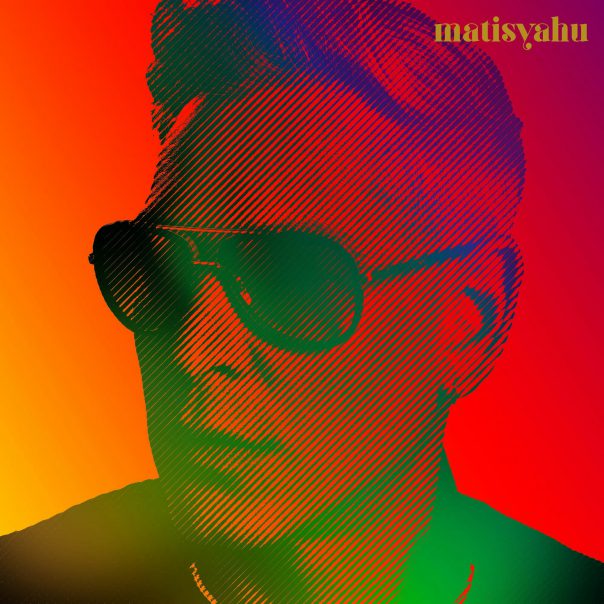REVIEW: Matisyahu gets introspective on his self-titled return

Matisyahu, self-titled album.
Amid endless cycles of political turmoil and bad news, music seems to be becoming increasingly aware, personal and political. Though the musicians might not be explicit in their opinions on specific topics, there is an undeniable awareness in the tones and symbolism of the pieces. And Matisyahu is no exception.
Matisyahu
Matisyahu
Fallen Sparks, March 25
7/10
For his self-titled seventh album, Matisyahu, coming nearly five years after Undercurrent, the Jewish American singer, rapper, beatboxer and songwriter tells his perspective of a country that he says has allowed him freedoms and to pursue his dreams, yet allows the harsh realities of injustice and discrimination to thrive around him. The album is filled with depictions of Jewish figures, references to the landscapes of America and collaborations with Latin musicians that push the album to have a more 2020s sound.
Matisyahu wastes no time in presenting these themes through his reggae-rap-pop style of music and singing. On the opener, “Not Regular,” he sings of sticking out and how his journey through life features only one investor: himself.
On the following track, single “AM RICA” (or America), the political themes become more apparent. The song is composed with one long verse buoyed by the hook and chorus on either side, where he raps lyrics like, “In the tradition of a king/ Like Solomon/ Hollow mon’ have tried to raise the pen/ Many follow them into oblivion/ When they arrive there ain’t nothin.” He references the monarch of Israel who left a legacy on the history of the world and Christianity like few others, and how Matisyahu wishes to leave a similar legacy through his music.
The album’s best tracks appear stacked after one another midway through. On “In My Mind” he remembers when he used to be a “simple Jew” as the music ebbs and flows with his melodic rapping. The lyrics are extensive, recalling living in California and spending night after night alone while touring. There’s “Music is the Anthem,” where he raps about the impact music had on his life and how it will remain his intention as he grows old, “To lift the creation/ Find beauty/ Find patience.” “Got to See it All” is a poppier track that glows with echoing backing vocals as Matisyahu finds his way to the nondescript but still desirable “other side.”
Colombian-native, Brooklyn-based duo Salt Cathedral is featured on “Chameleon,” the album’s lead single, where Juliana Ronderos’ vocals complement Matisyahu’s during the final chorus. The music has a much more reggaeton-influenced beat, showing how art and musicianship take precedent in his life as he sings lines like, “I been up on my mission/ I never lost the vision.”
Their chemistry is replicated on “Keep Coming Back for More,” Ronderos and Matisyahu sing in harmony, their vocals swirling and bounding off one another. It’s another highlight of the album.
Matisyahu concludes with “Raindance,” a twinkling, more acoustic beat that supports his more subdued delivery and spiritual lyrics. As he battles ball of anxiety in his chest, he looks to the skies with hope that the rain will wash his vices and struggles away. “I will do what I say/ They will come as they may/ All the blessings are fallen/ And they just wash away,” he sings on the song’s final verses. It’s a fitting ending for an album that feels deeply personal and pointedly composed.
Follow Domenic Strazzabosco at Twitter.com/domenicstrazz and Instagram.com/domenicstrazz.
